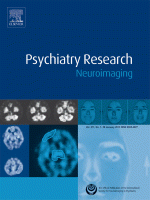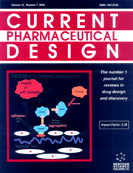
“Core deficits in social functioning are associated with various neuropsychiatric and neurodevelopmental disorders, yet biomarker identification and the development of effective pharmacological interventions has been limited.
Recent data suggest the intriguing possibility that endogenous cannabinoids, a class of lipid neuromodulators generally implicated in the regulation of neurotransmitter release, may contribute to species-typical social functioning.
Systematic study of the endogenous cannabinoid signaling could, therefore, yield novel approaches to understand the neurobiological underpinnings of atypical social functioning.
This article provides a critical review of the major components of the endogenous cannabinoid system (for example, primary receptors and effectors-Δ9-tetrahydrocannabinol, cannabidiol, anandamide and 2-arachidonoylglycerol) and the contributions of cannabinoid signaling to social functioning.
Data are evaluated in the context of Research Domain Criteria constructs (for example, anxiety, chronic stress, reward learning, motivation, declarative and working memory, affiliation and attachment, and social communication) to enable interrogation of endogenous cannabinoid signaling in social functioning across diagnostic categories.
The empirical evidence reviewed strongly supports the role for dysregulated cannabinoid signaling in the pathophysiology of social functioning deficits observed in brain disorders, such as autism spectrum disorder, schizophrenia, major depressive disorder, posttraumatic stress disorder and bipolar disorder.
Moreover, these findings indicate that the endogenous cannabinoid system holds exceptional promise as a biological marker of, and potential treatment target for, neuropsychiatric and neurodevelopmental disorders characterized by impairments in social functioning.”
https://www.ncbi.nlm.nih.gov/pubmed/27676446









